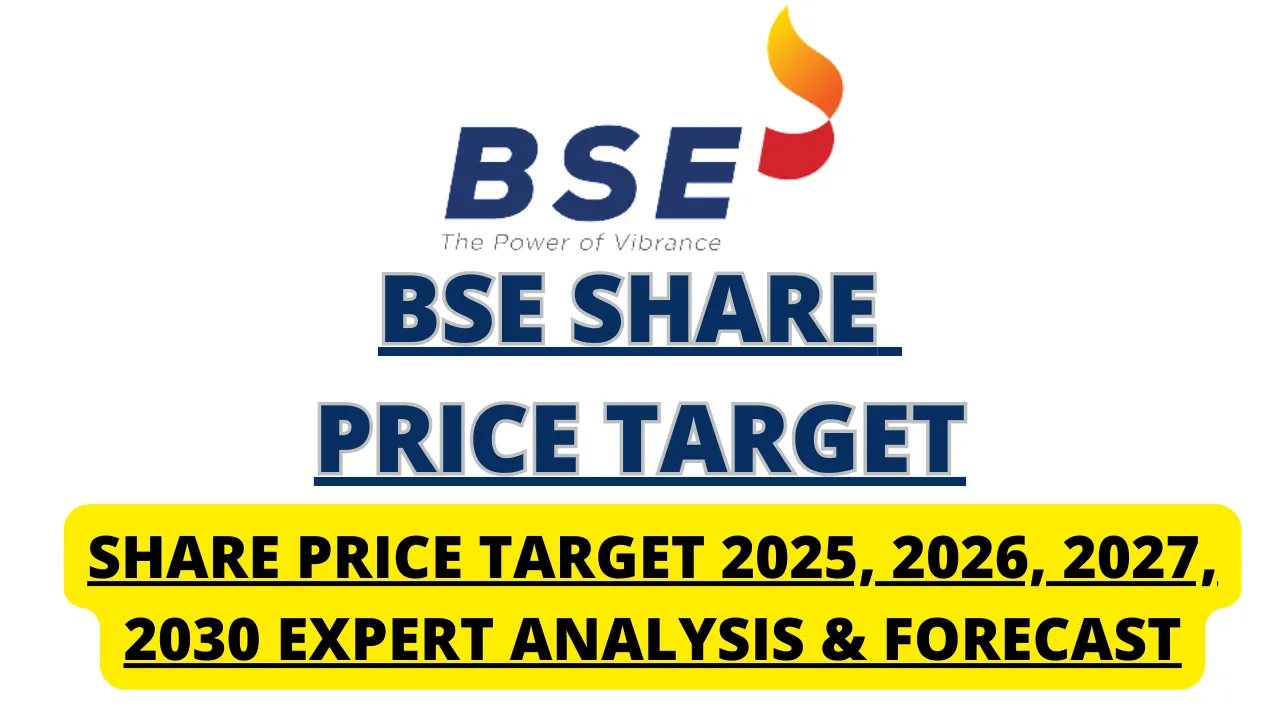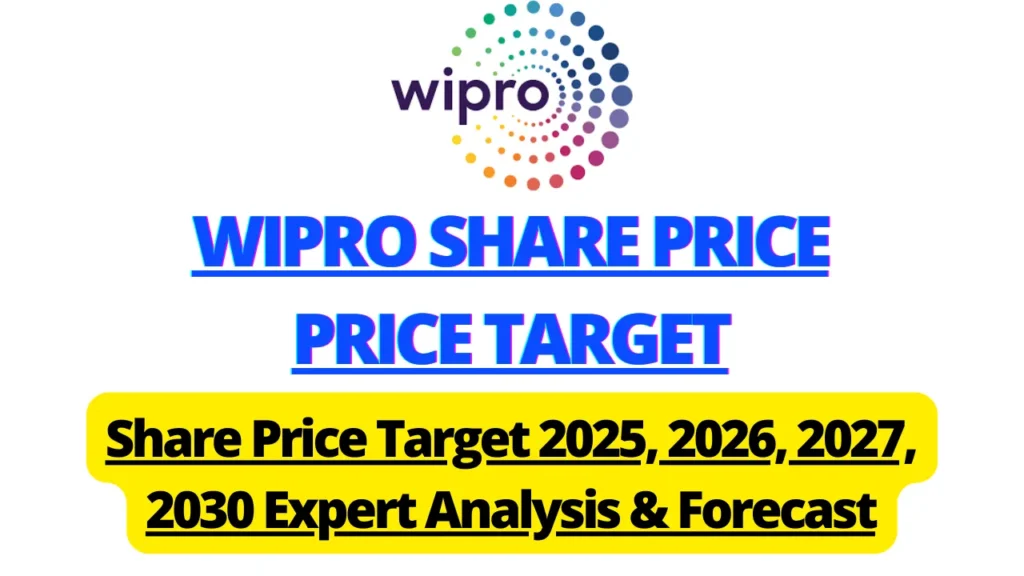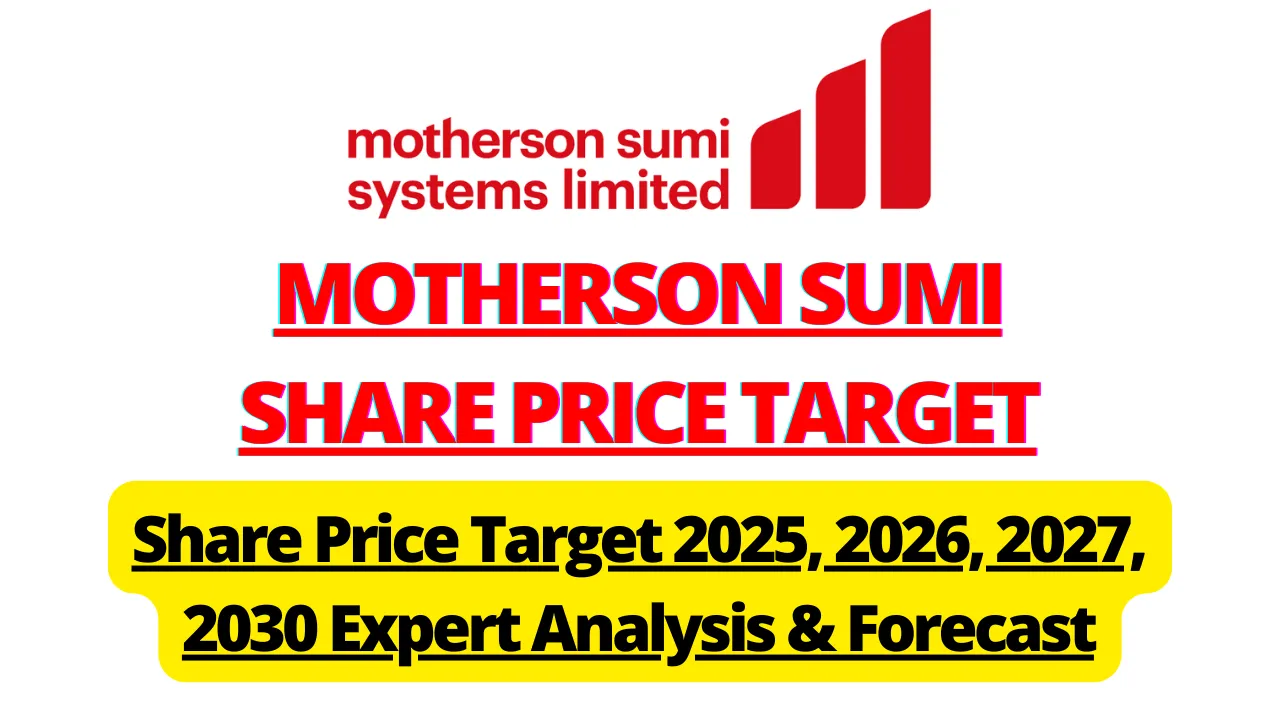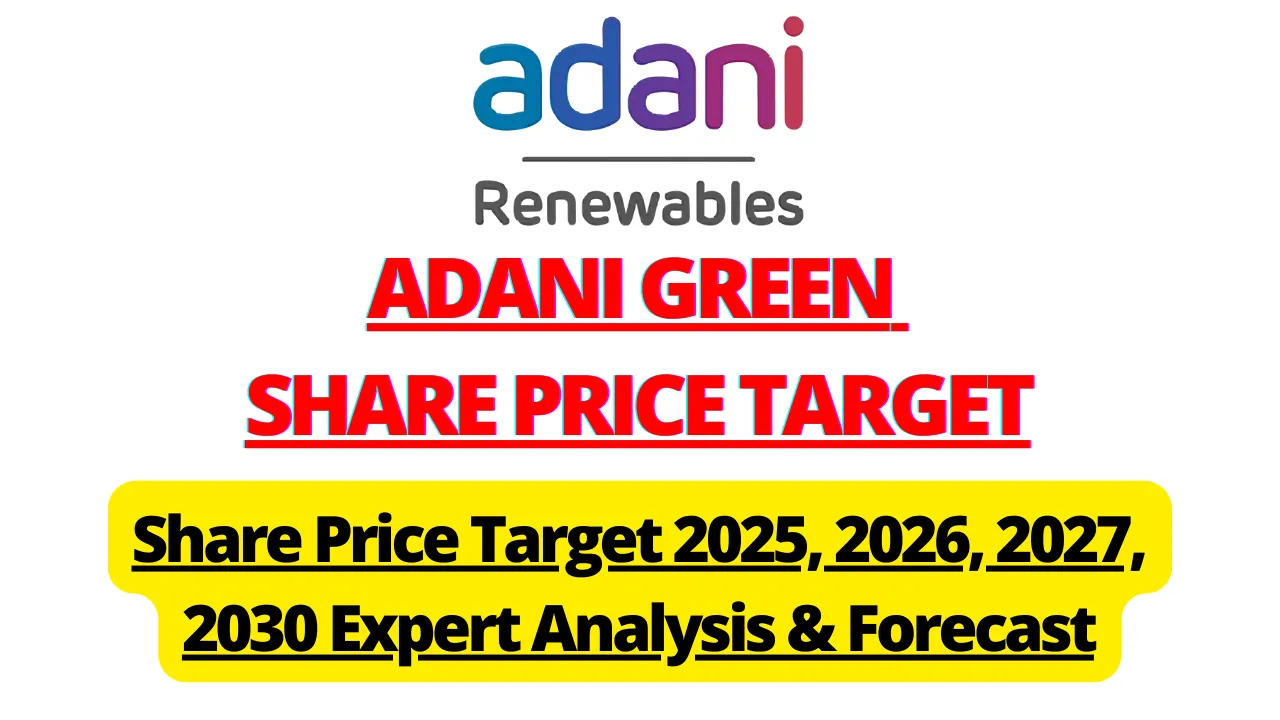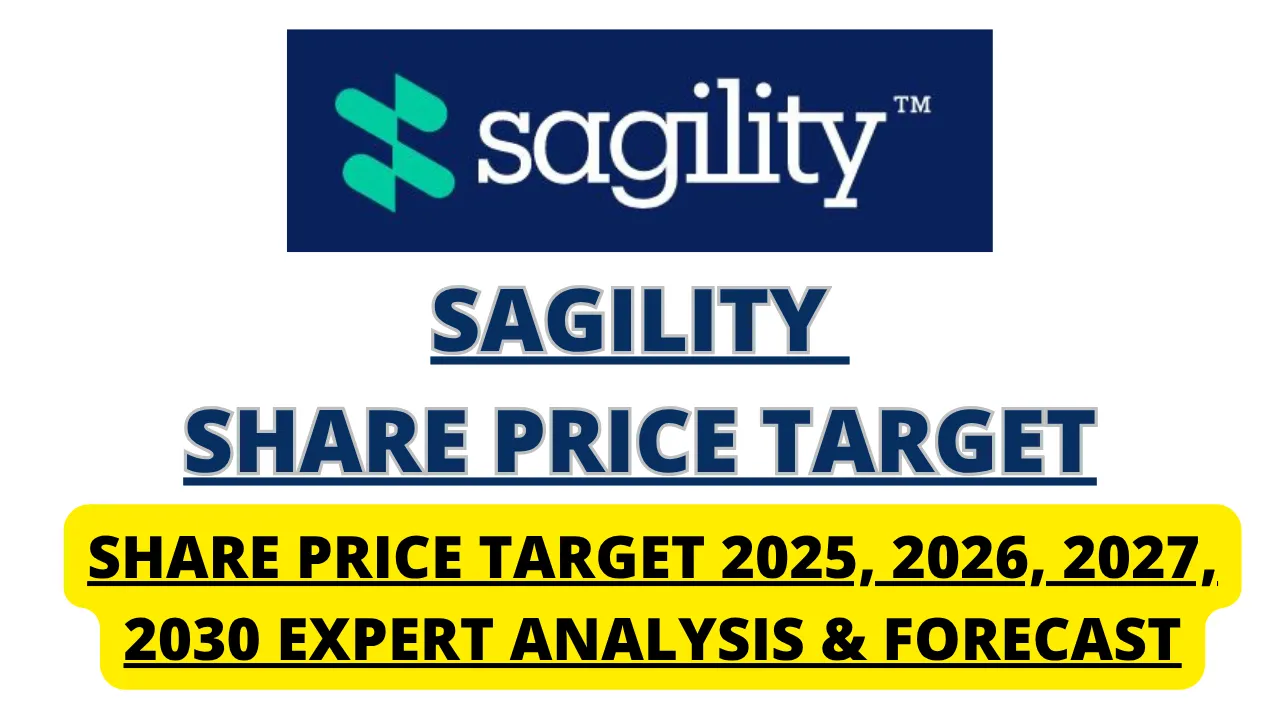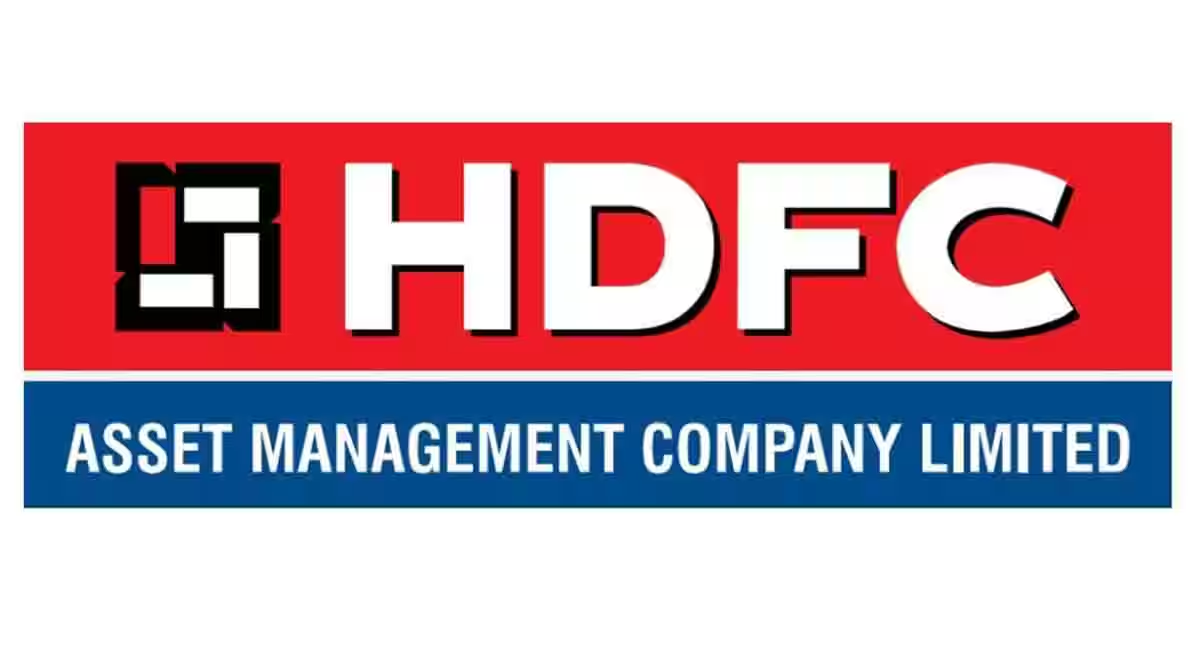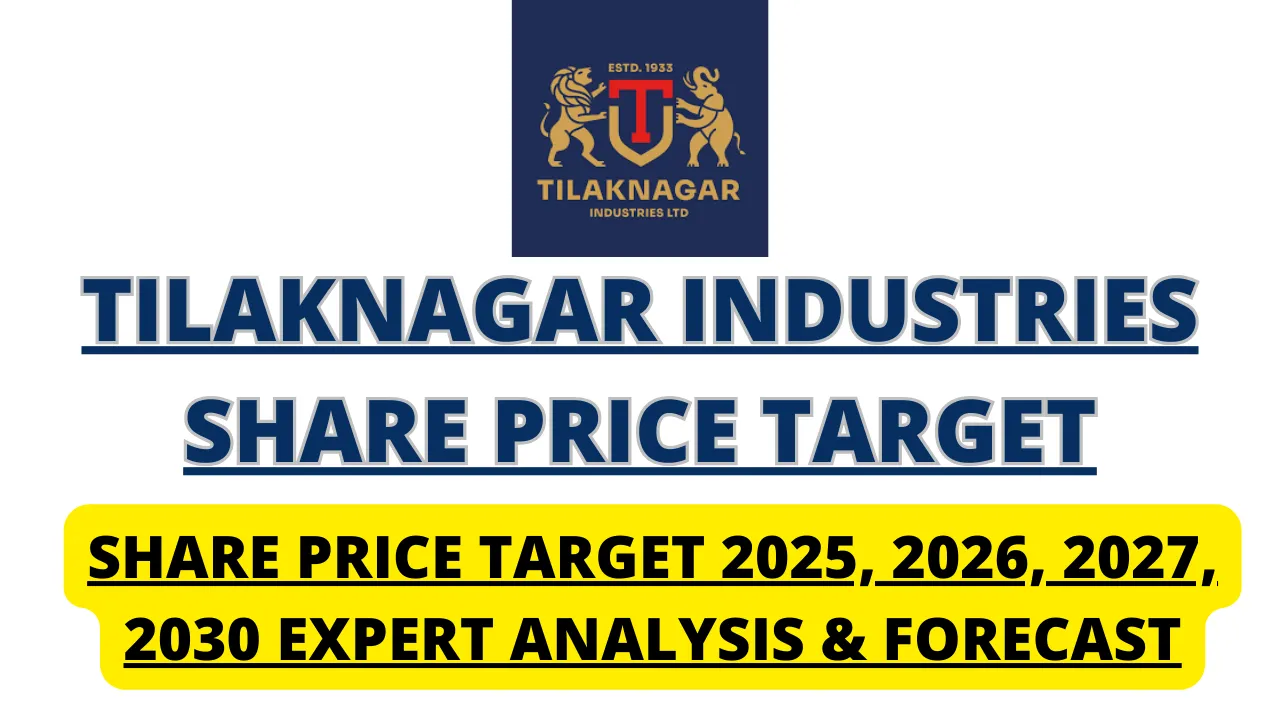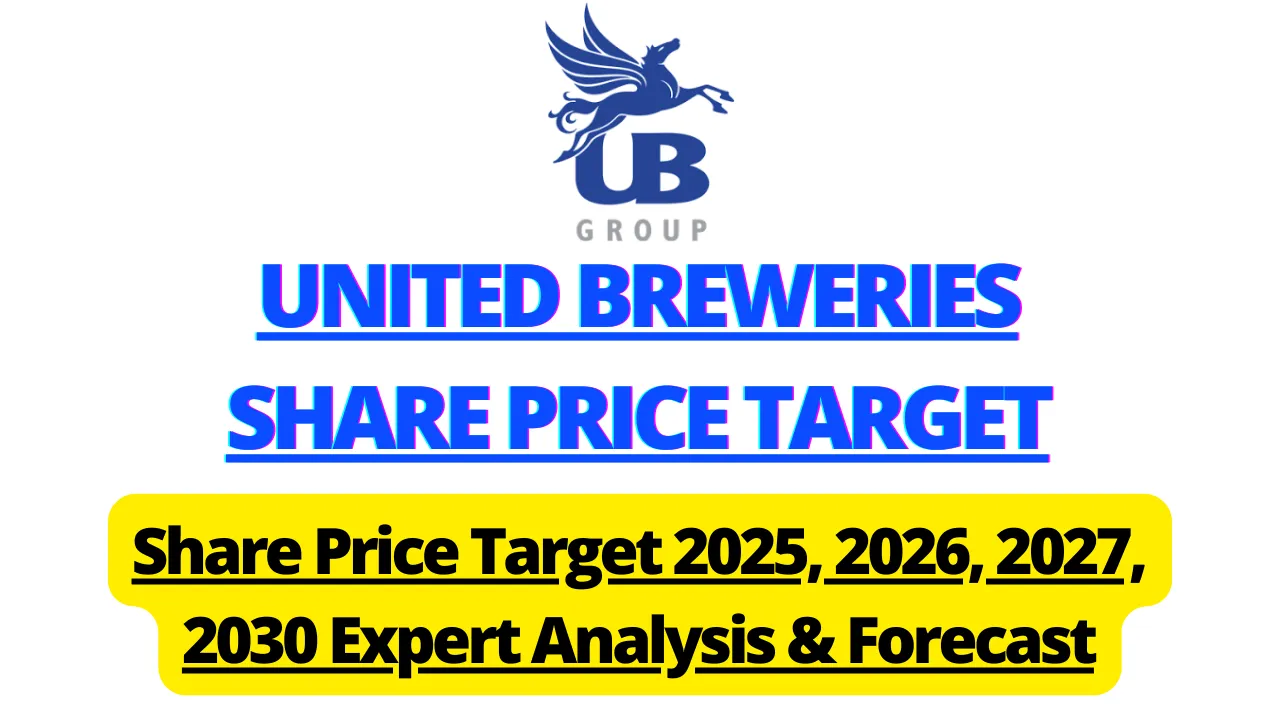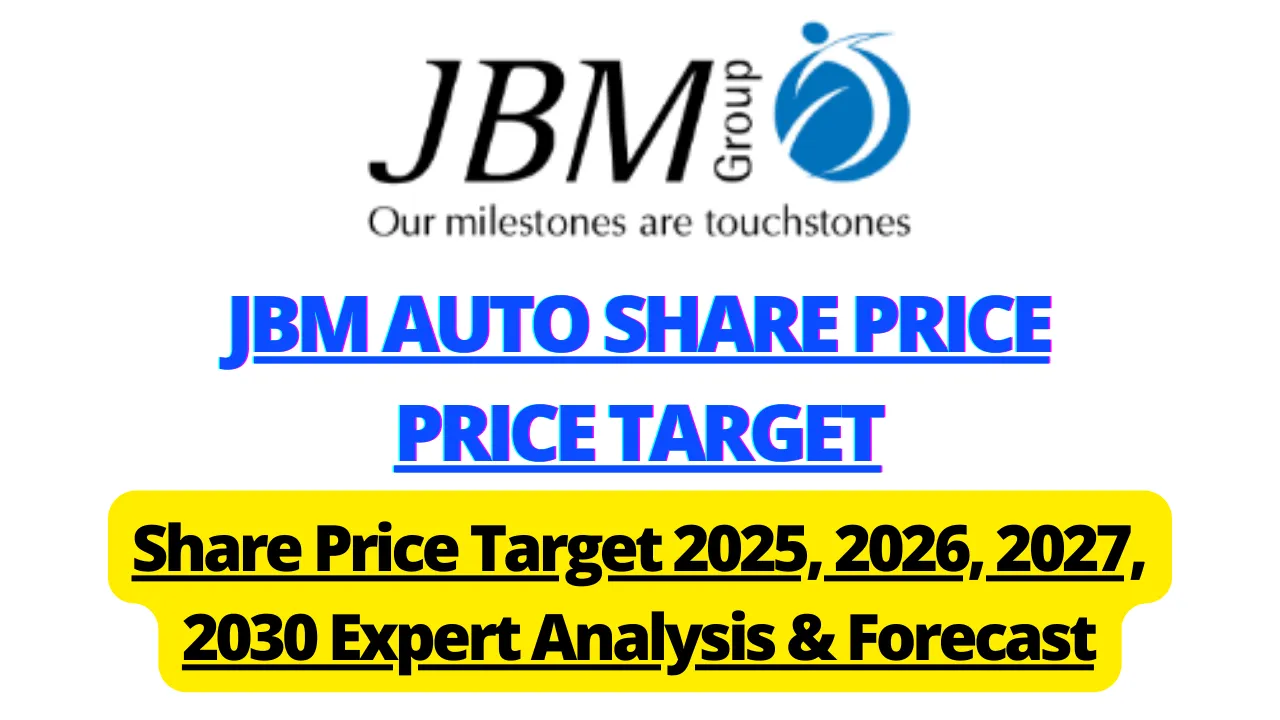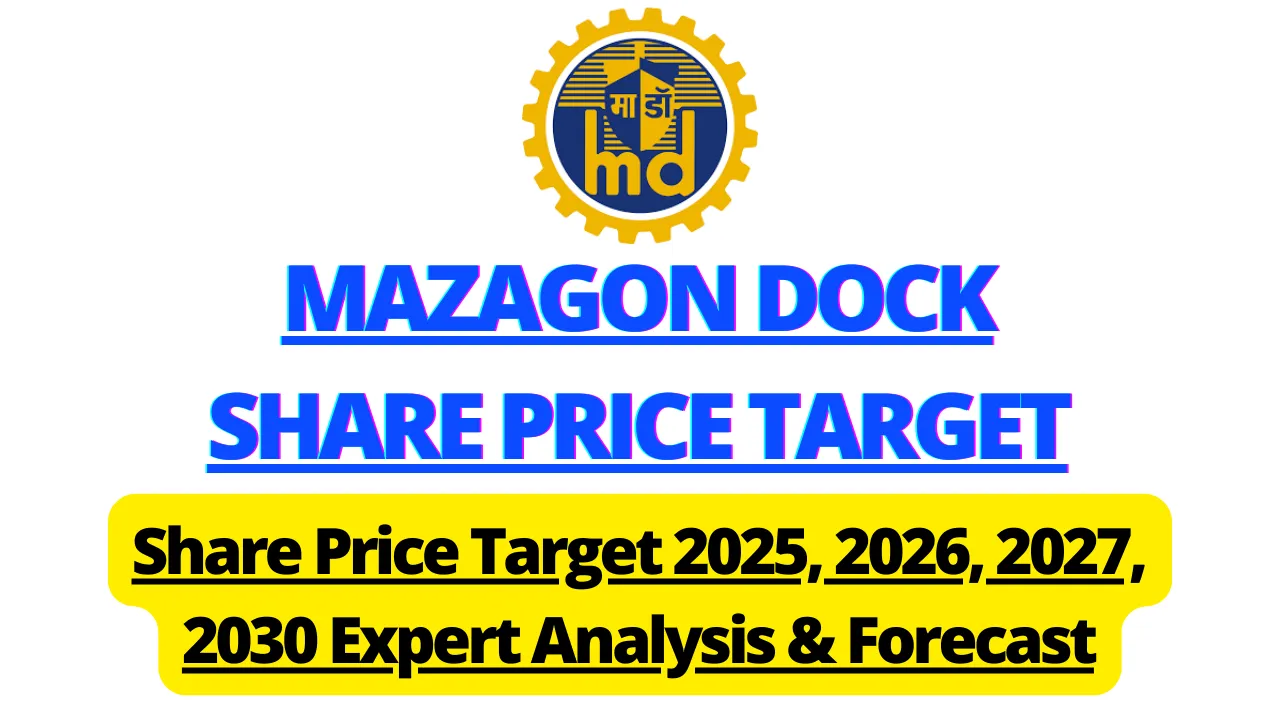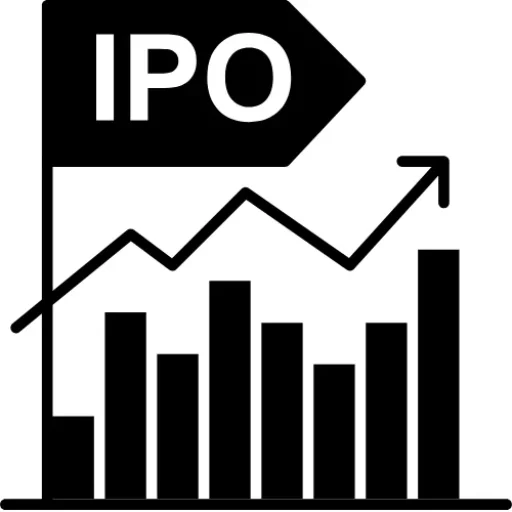BSE Share Price Target 2025 to 2030; BSE Ltd (Bombay Stock Exchange), Asia’s oldest stock exchange, has played a pivotal role in shaping India’s financial markets since its inception in 1875. As a leading exchange group, BSE offers a platform for trading in equities, debt instruments, derivatives, and mutual funds. With the launch of India INX at GIFT City, BSE has expanded its global footprint, providing investors access to international markets. This article provides a comprehensive analysis of BSE’s share price targets from 2025 to 2030, considering various financial and market factors.
BSE Share Price Target 2025 to 2030
| Year | Minimum Target Price (₹) | Maximum Target Price (₹) |
|---|---|---|
| 2025 | 2,430 | 2,700 |
| 2026 | 2,500 | 3,000 |
| 2027 | 2,800 | 3,400 |
| 2028 | 3,100 | 3,850 |
| 2029 | 3,500 | 4,300 |
| 2030 | 3,900 | 4,700 |
BSE Ltd Company Overview
Established in 1875, BSE Ltd is the first stock exchange in Asia and has been instrumental in the development of the Indian capital market. The exchange facilitates trading in various financial instruments, including equities, derivatives, and mutual funds. BSE’s subsidiaries, such as the Indian Clearing Corporation Ltd and BSE Institute Ltd, further strengthen its position in the financial ecosystem. The launch of India INX at GIFT City marks BSE’s commitment to expanding its global reach.
Financial Performance
As of May 2025, BSE’s share price stands at ₹2,449. The company has demonstrated robust financial performance, with a market capitalization of ₹94,716 crore. BSE’s Return on Equity (ROE) is 29.97%, and its Price-to-Earnings (P/E) ratio is 71.44, indicating strong profitability and investor confidence. The exchange has also announced a dividend of ₹5 per share in May 2025.
Year-wise Share Price Target Forecast
2025: The share price is projected to range between ₹2,430 and ₹2,700. This projection is based on moderate revenue growth, expanding operations, and stability in core segments.
2026: With the potential for higher profitability and export-led growth, the 2026 price target is projected between ₹2,500 and ₹3,000. Increasing demand for financial services and better capacity utilization will support earnings.
2027: In 2027, BSE could see a further re-rating due to improved financial metrics and positive sentiment in the financial sector. The share price could range between ₹2,800 and ₹3,400. Growth in the trading business and better cost efficiency will play a critical role.
2028: By 2028, the price target may rise to ₹3,100–₹3,850. This will depend on consistent revenue growth, return on equity, and operational improvements. Continued government support for financial infrastructure will also drive value.
2029: For 2029, the share could trade between ₹3,500 and ₹4,300. If the company maintains its growth momentum and strengthens its market position, it could be well-positioned for stronger earnings and investor interest.
2030: In 2030, BSE could reach a price range of ₹3,900 to ₹4,700. This will depend on how well it adapts to new technologies, expands into new markets, and sustains long-term profitability.
Growth Drivers
Several factors contribute to the optimistic outlook for BSE:
- Government Initiatives: India’s commitment to financial inclusion and market development provides a strong growth trajectory for BSE.
- Technological Advancements: BSE’s focus on innovation and the development of efficient trading platforms enhances its competitive edge.
- Global Expansion: The launch of India INX at GIFT City allows BSE to tap into international markets and mitigate regional risks.
- Sustainable Financial Demand: The global shift towards transparent and regulated financial markets boosts the demand for BSE’s services.
Risks and Challenges
While the company has strong growth prospects, potential investors should be aware of certain risks:
- Policy Changes: Alterations in government policies related to financial markets could impact BSE’s operations.
- Market Competition: The presence of other established players in the financial sector may affect BSE’s market share.
- Economic Factors: Macroeconomic conditions and interest rate fluctuations can influence the company’s financial performance.
Investment Perspective
BSE presents a compelling investment opportunity for those seeking exposure to India’s financial market growth story. Its diversified operations, consistent financial performance, and strategic initiatives position it well for long-term value creation.
What are the main business segments of BSE Ltd?
The company specializes in providing a platform for trading in equities, derivatives, debt instruments, and mutual funds.
Is BSE Ltd a good investment for the long term?
Given its diversified portfolio and consistent financial performance, it holds potential for long-term investors.
How does the company mitigate risks associated with policy changes?
Through strategic planning and diversification, the company aims to manage policy-related risks.
What is the company’s approach to sustainability?
BSE invests in eco-friendly technologies and practices to minimize environmental impact.
